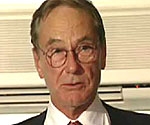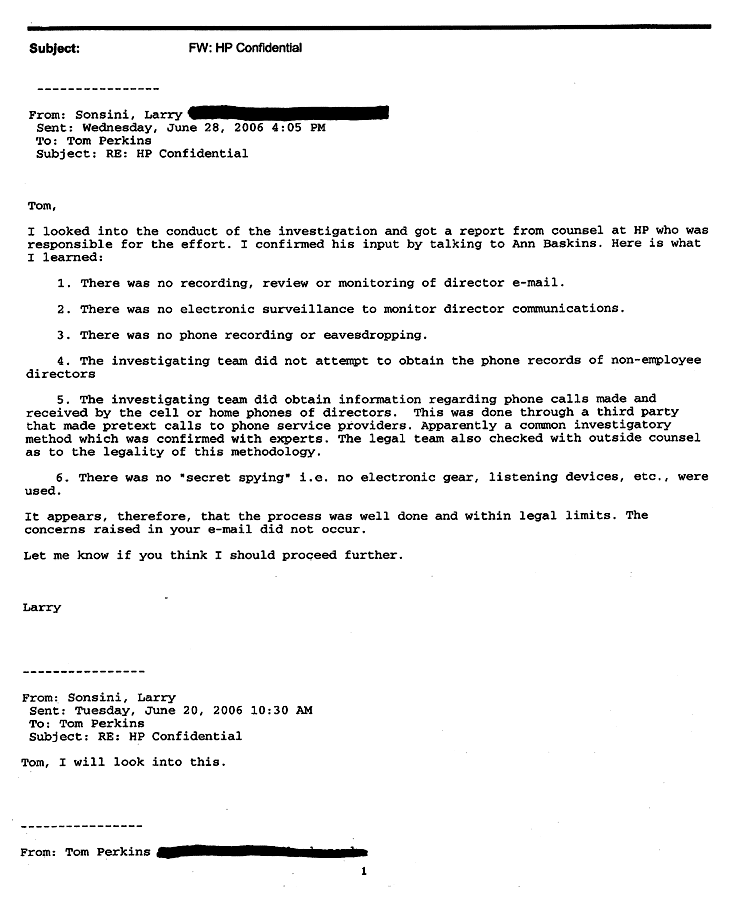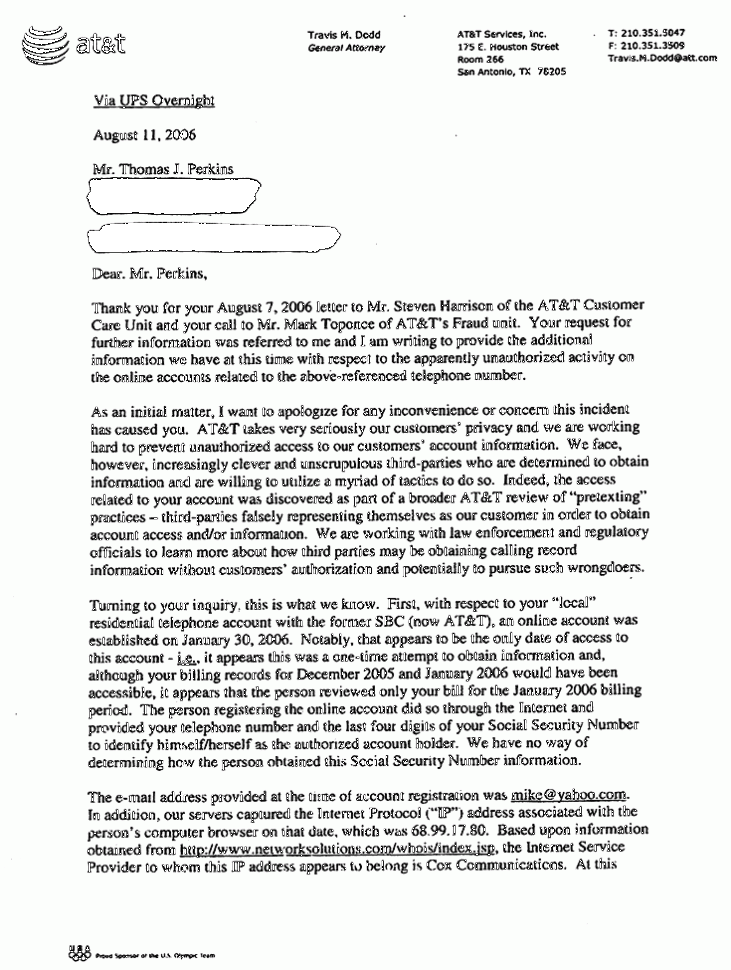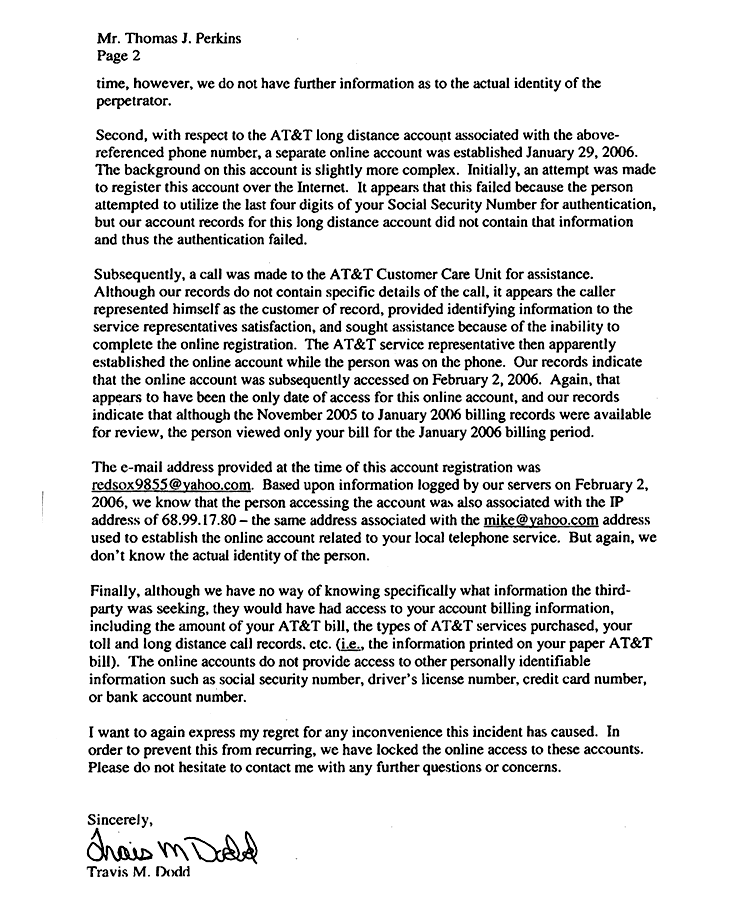Hewlett-Packard Targeted Board In Leak Probe
Resigned director says company fraudulently obtained phone records

View Document
SEPTEMBER 5--In a remarkable bit of corporate cloak and dagger, Hewlett-Packard launched a probe of its own board of directors in a bid to determine who was responsible for a media leak earlier this year, according to a former board member who resigned in May after learning of the investigation. In a blistering letter to the computer firm's directors, Thomas Perkins wrote that he quit the HP board in protest of the 'questionable ethics and the dubious legality' of methods employed during the 'sub-rosa' leak investigation ordered by board chairman Patricia Dunn. A copy of Perkins's letter can be found below. According to Perkins, a partner in one of Silicon Valley's leading venture capital firms, the Fortune 500 company's probe included the 'fraudulent method' of obtaining the 'private telephone records' of board members. The records were obtained, Perkins said, via illegal 'pretexting' methods. In his letter, Perkins contended that his own phone records were 'hacked' as part of Hewlett-Packard's attempt to discern the source for a January 2006 Cnet.com story about the firm's long-term strategy. Perkins (pictured above) wrote that in a June 28 e-mail, lawyer Larry Sonsini, Hewlett-Packard's outside counsel, confirmed that the company obtained phone calls 'made and received by the cell or home phone of directors' and that the records were procured 'through a third party that made pretext calls to phone service providers.' Perkins's own phone records were illegally accessed shortly after the media leak, according to an August 11 letter to Perkins from AT&T. Perkins, who abruptly resigned from the company's board, contends that the firm has never properly accounted to the Securities and Exchange Commission for the reasons for his departure. The Wall Street Journal reported this afternoon that George Keyworth will not be renominated to the company's board because he disclosed confidential information to the press. (5 pages)











